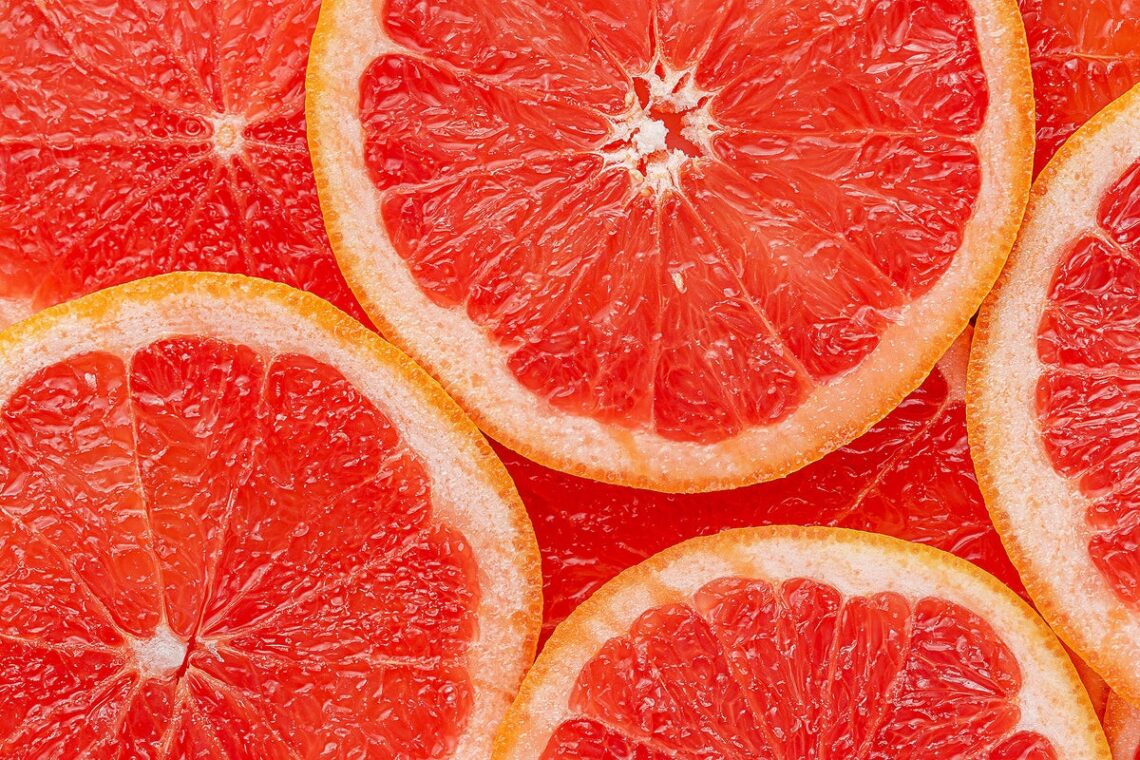January 23, 2025
4 min read
Why Grapefruit Interferes with Medication, and What to Do about It
Could gene editing produce a tasty citrus fruit that doesn’t interfere with prescription drugs?
Serhii Tychynskyi/Getty Images
Unfortunately for lovers of grapefruit, mixing the appealingly bitter citrus with certain medications can lead to dangerous side effects. According to the National Capital Poison Center, a not-for-profit poison control organization, at least 85 drugs—including commonly prescribed antidepressants, statins and antibiotics—have known or suspected interactions with grapefruit or grapefruit juice. But plant researchers are now working on a possible solution: genetically engineering a variety of the fruit that is medication-safe.
Over the past few decades, scientists have zeroed in on the main culprit responsible for grapefruit’s notorious interfering effect: a class of chemicals called furanocoumarins. These molecules can bind to and inactivate an enzyme in the intestines called CYP3A4 that helps metabolize certain drugs. This leads to excessive levels of the drug in the bloodstream and thus to a risk of harmful overdose. (Through a different mechanism, grapefruit can have the opposite effect on some drugs, such as certain antihistamines.) Many popular citrus fruits—such as grapefruit, limes and pomelos—contain furanocoumarins, but some varieties of oranges, including Valencia, navel and mandarin oranges, have low or negligible levels of these chemicals.
In a study published recently in New Phytologist, researchers at Israel’s Volcani Institutefound a gene that plays a key role in producing furanocoumarins in grapefruit. According to the study authors, editing out this gene could potentially yield a variety of grapefruit that doesn’t interfere with medication in this way.
On supporting science journalism
If you’re enjoying this article, consider supporting our award-winning journalism by subscribing. By…
Read the full article here

